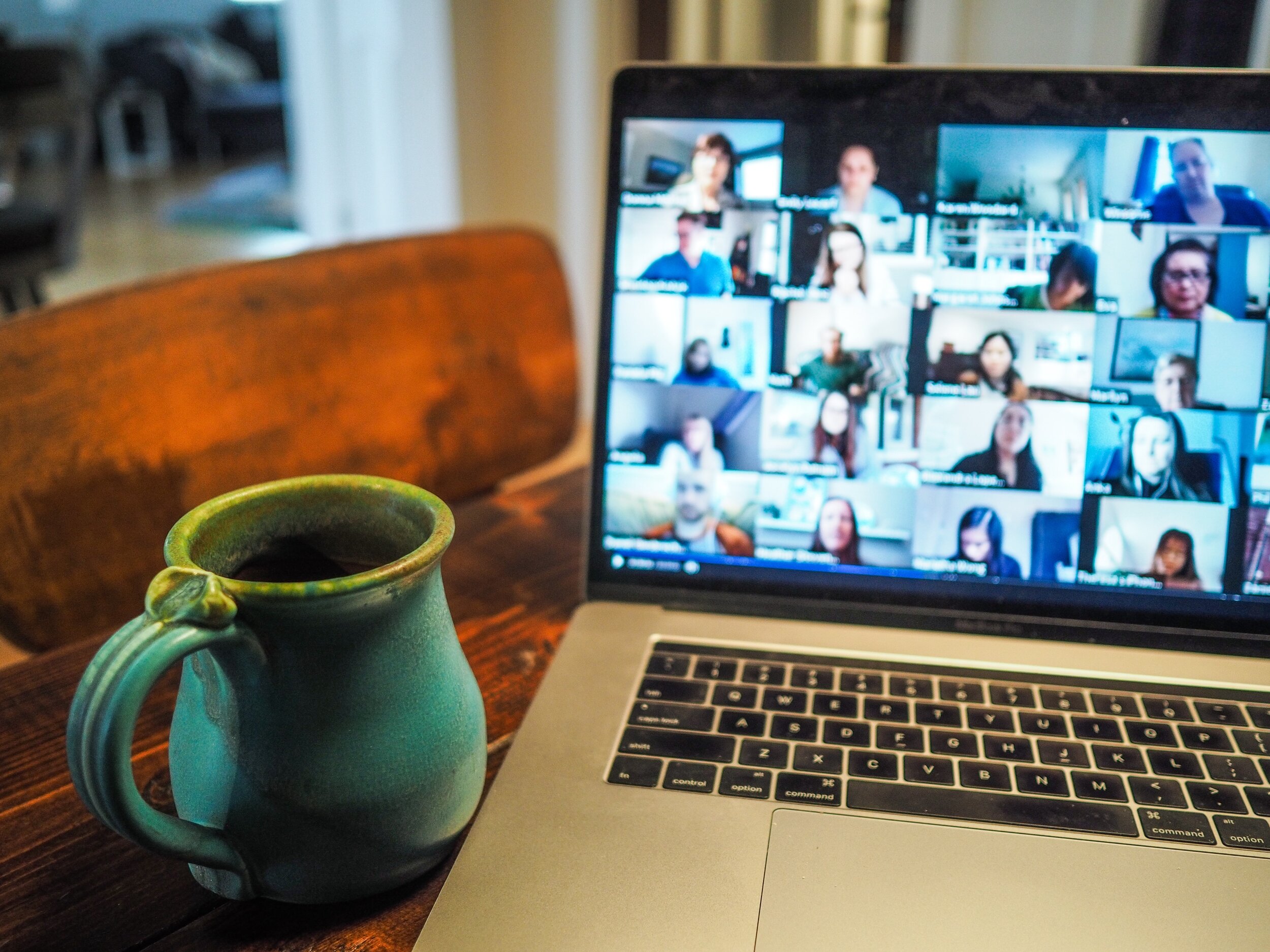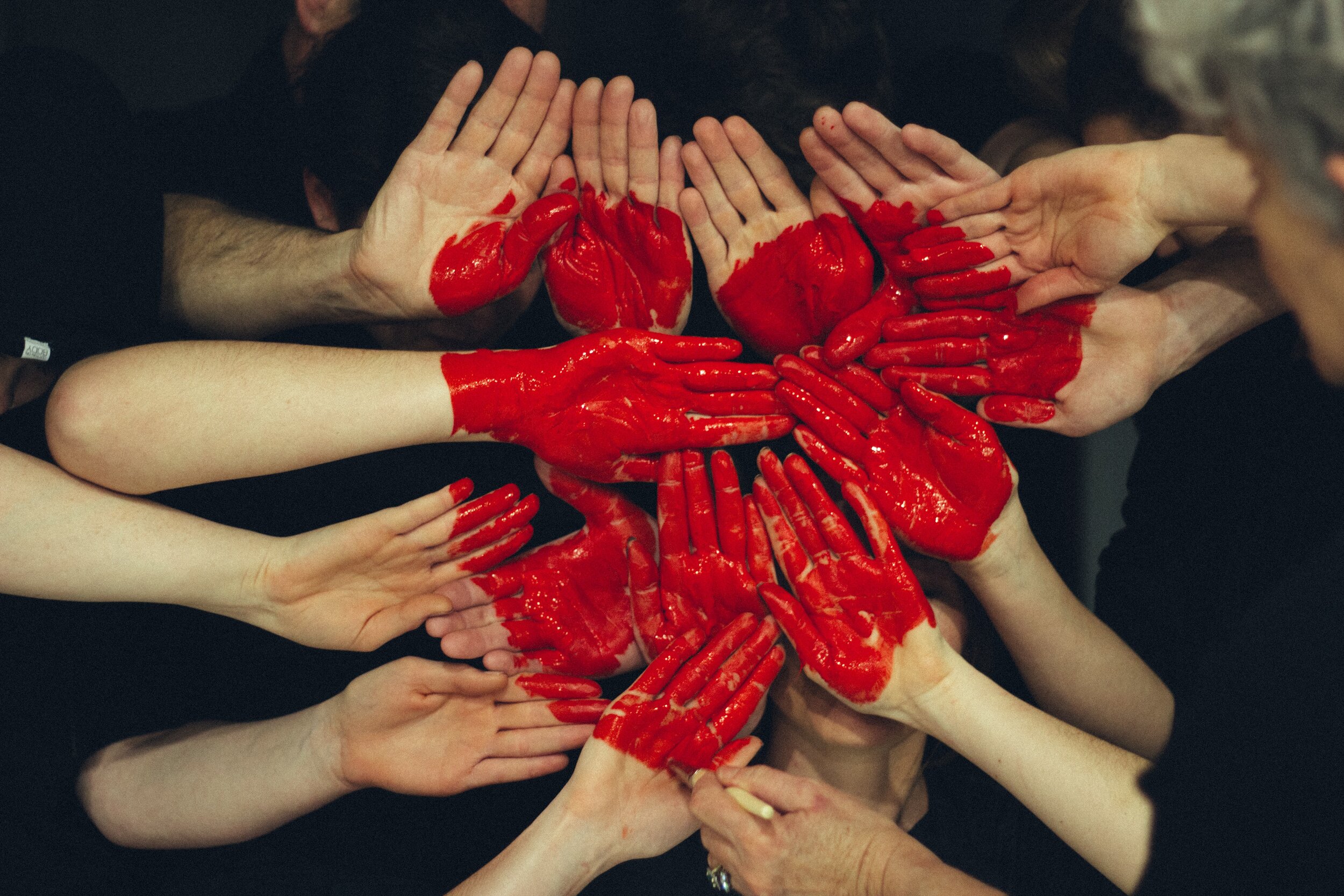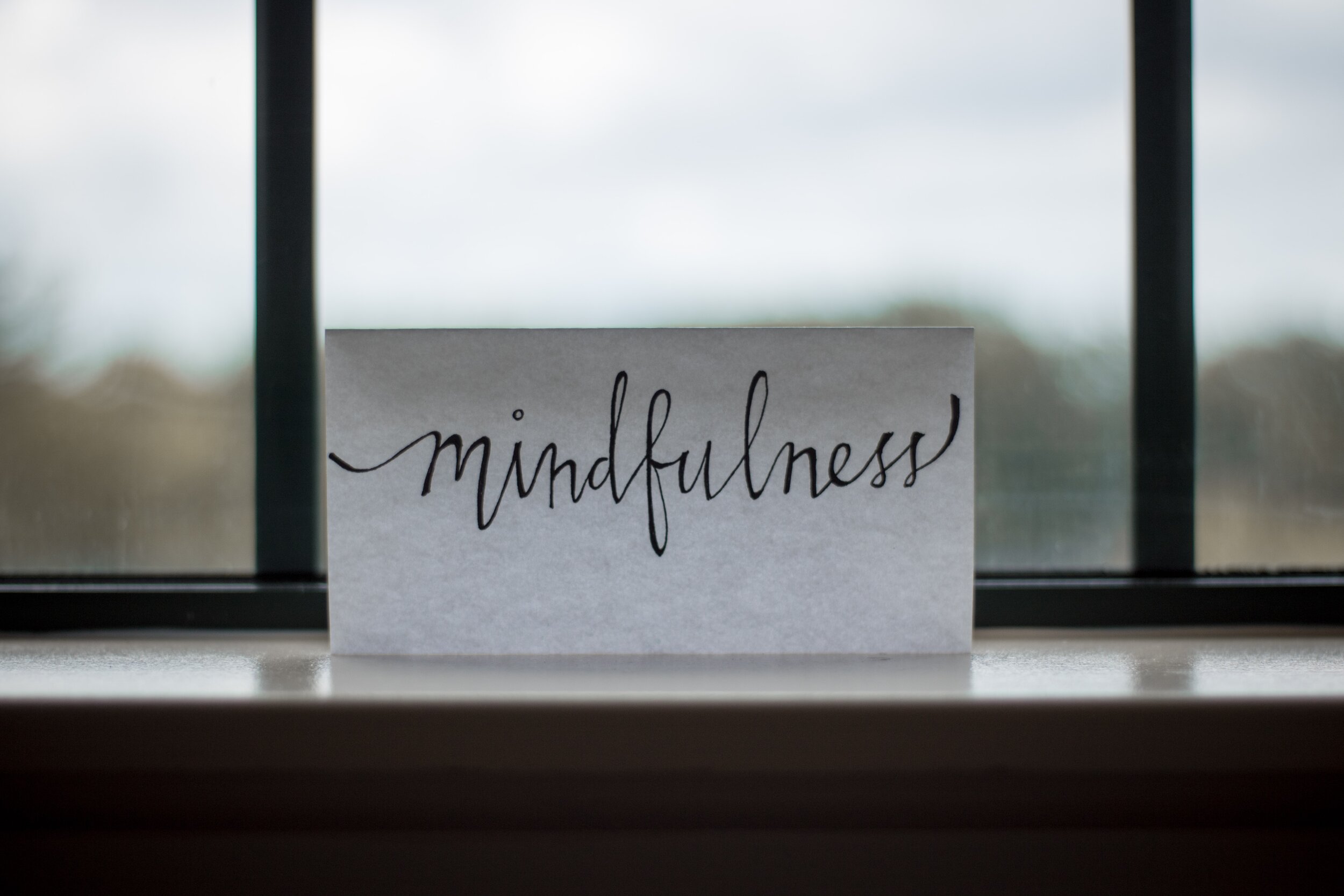Lifestyle

National Pumpkin Day is October 26th, however we seem to celebrate the joys of pumpkin throughout the fall, particularly in October. Whether it be a pumpkin spiced-latte, pumpkin pie, pumpkin ice cream, there are so many options on the market throughout the fall. While we eat these because they taste good, and bring back positive feelings of fall, there are other benefits to eating pumpkin as well. Read about the amazing health benefits of pumpkin!

Getting a text or call from a friend, family member, or romantic partner with the words, “We have to talk”, always evokes a bit of anxiety. Whether you’re the one delivering this statement or receiving it, we all definitely don’t enjoy this phrase and what often follows. Are there ways to talk without having to use this phrase? Absolutely. This post aims to provide you with a way to communicate with others, never having to use this statement.

With so many ways to communicate whether in-person, phone, or the many social media apps we can access 24/7, introverts are often viewed as odd for their lack of expressing an opinion whether with friends or in a meeting. Introverts are often described as individuals who do not like prolonged social interactions and may feel uncomfortable in large social gatherings. Introverts don’t mind remaining isolated for extended periods, however this gives them time to engage in thinking and dreaming!

We’ve all experienced the negative effects of social media at some point in time and we have either all taken a break or have had our friends and family take social media breaks for a time. We know that taking a break can help reduce our stress levels. Research is limited, however has revealed that a little break from social media can relieve physiological symptoms of stress, at least in the short-term.

Zoom calls have taken over. A few meetings in the morning, virtual learning, seminars over Zoom, a doctor’s visit over Doxy.me and FaceTime dates with family and friends. As social distancing continues, people move from video platform to video platform throughout the day. The unintended impact of this on mental health may be what’s being referred to as “Zoom fatigue” or the “feeling of tiredness, anxiousness, or worry from one video call to the next”.

With juggling many responsibilities including work, family, friends, and other responsibilities, it is easy to feel fatigued and overwhelmed. We know practicing self-care is important however at times can be difficult when having so much to do. One of the ways to cope with stress and anxiety is through our diet, via healthy eating. When stressed or anxious we are often consuming a lot of quick, unhealthy foods that only make us feel worse. We often feel these foods make us feel better, however stress-eating has been shown to be an ineffective coping strategy that can actually cause us to feel more anxious, moody and fatigued.

Often individuals come into therapy looking to understand and explore self-esteem as well as boost their self-esteem. Individuals develop a close, trusting relationship with their therapist and share a lot about themselves. Through this process one can begin to feel that a genuine relationship has built and that they and their therapist have mutual respect for each other. Through the therapeutic relationship, one can heal from past negative experiences and shift their perspectives around various situations and circumstances. Self-esteem is often linked to many of these.

Part of our ability to problem-solve and identify coping strategies in the moment, is the ability to analyze feelings in the moment and rethink negative thoughts. However, this isn’t as easy as it sounds. When experiencing negative thoughts and emotions, we often need the help from others, our support network, to cope. Have stable people in our support networks is crucial for our overall mental health.

Sometimes we need to revamp our relationships. All of us can think of times we need a refresh whether this be of goals, experiences, the clothes in our closet, or our beliefs, and the same rings true for our relationships. We grow and change in and out of relationships and there is no rule that you have to stay the same if you are in one. It is healthy and positive to grow and change yourself and within your relationship.

Caring for your mental health is as important as caring for your physical health however emotional well-being is often overlooked in the workplace. It’s a challenge to manage work-related stress while also taking care of oneself. Mindfulness is one way to prioritize our mental health while reducing work-related stress.